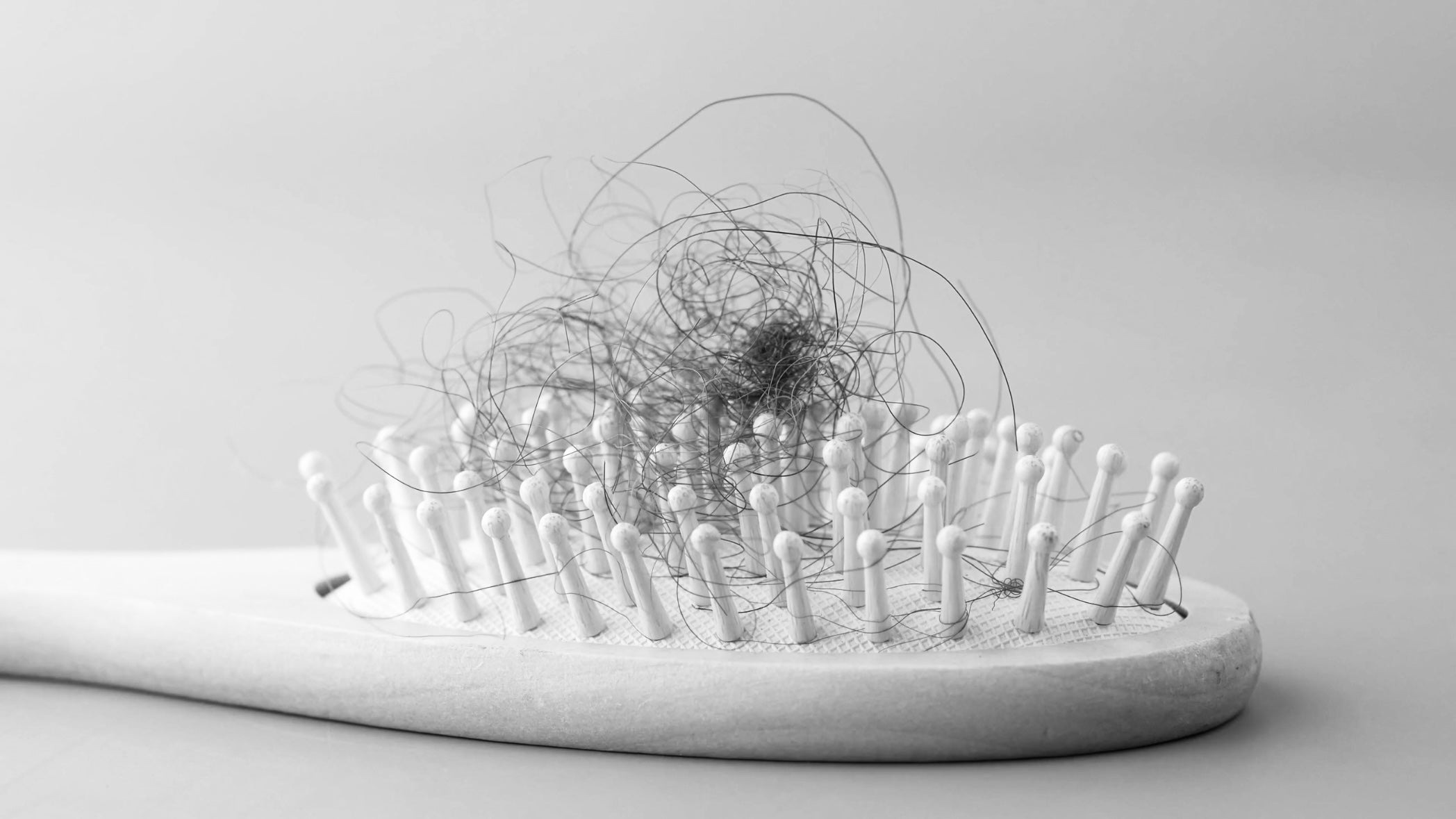Hard water
Hard water is water that naturally contains calcium carbonate and magnesium. Over 80% of France has hard water, with regions such as the Île-de-France region, the Nord department, the Alps, and the Jura region having the hardest water. Hard water does not pose any serious health risks.
On the contrary, the minerals magnesium and calcium are good in our drinking water.
However, showering with hard water has an impact on the skin and hair ( Ananthapadmanabhan et al., 2004 ; Draelos ZD, 2010 ).

Hard water damages the skin
Have you ever felt a tight or tingling sensation on your skin after showering? This is caused by hard water and can even lead to irritation and eczema.
In short, hard water is not good for the skin, and that's well known. But what people don't know is that using a soap cleanser with hard water is worse for the skin.

Soap + Hard Water = Soap Residue
Soap reacts with the calcium in hard water to form a calcium salt that is not soluble in water.
This insoluble limescale soap is what we see as a white deposit on bathtub walls and bathroom faucets.


There is something we cannot see, and that is the same lime soap deposits on our skin and hair (Ertel, 2000; Draelos ZD, 2010).
This buildup makes the skin dry and leads to complications as mentioned earlier. For hair, it is also not good as it makes the hair dull and rough.

Solution to protect skin and hair from limescale
There are two simple solutions to protect our skin and hair. The first solution is well known, which consists of using a water softener (Togawa et al., 2014).
The second solution is to stop using a soap-based cleanser. Even after using a water softener, there may still be calcium ions in the water that can react with soap to form hard soap. Therefore, it is best to use a soap-free cleanser to avoid this reaction (Barel et al., 2001). Soaps do not respect the skin's pH (Tarun et al., 2014).
Here is the list of ingredients to avoid :
Sodium palmate, Sodium palm kernelate, Sodium tallowate, Sodium hydroxide, Sodium olivate, Sodium cocoate, Sodium laurate, Sodium shea butterate, Sodium cocoa butterate, Sodium sunflowerseedate




